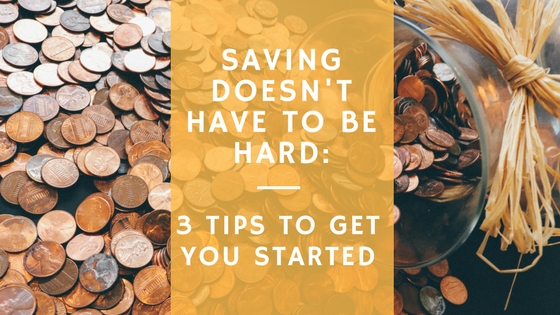Financial technology companies are growing all around the globe, especially in the United States and Europe. Many of these companies make managing your finances much easier and help people get started with money management. So many fintech companies are startups seeing immense growth within their first few years of operation in the account management, payment processing, financial assets, capital, and lending markets. During 2017, there are some major fintech players that stand out way ahead of the rest.
Stripe
In the payment processing market, Stripe is becoming a major contender for the well-known PayPal. Stripe currently operates in 25 countries around the globe and allows for both business and personal transactions via the internet. With the addition of many major retailers adopting the use of Stripe for the first time in 2016, the business has grown to be a major market leader in the payment processing industry for 2017. Most people are grateful for anything that makes paying for purchases simpler.
Prosper
Prosper is a peer-to-peer lending platform that allows those in need of financing access to investors. This takes traditional bank funding and puts it on a new level. With Prosper, borrowers can find investors that are interested in funding them with unsecured personal loans for fixed terms and rates set by the platform itself. This makes lending simple for investors and borrowers alike.
Robinhood
As we see the numbers of individuals interested in becoming more hands-on with their financial investments rise, Robinhood fills the need for a free stock-trading platform. This mobile application is built with an easy interface that allows any average joe the ability to fund their account and trade stocks and learn a little bit more about investing. There are no maintenance fees or other agency costs that are traditionally required from brokerage firms.
Lending Club
Another leading fintech company in the financing market, Lending Club, has made its mark by offering both individual and small business financing options. This peer-to-peer platform assigns borrowers willing investors who can help them out. These investors can purchase notes backed by the payments made on each loan by the borrower. There are options to purchase a diverse portfolio of notes to ensure the best financial stability possible.
Fintech companies are becoming an essential part of our society’s new digital age. People want faster ways to manage their money and businesses want faster ways to receive their profits and technology has become a part of every industry. As technology continues to advance you can expect to see massive growth in the number of fintech companies popping up around the globe to satisfying the needs of individuals and businesses alike.














